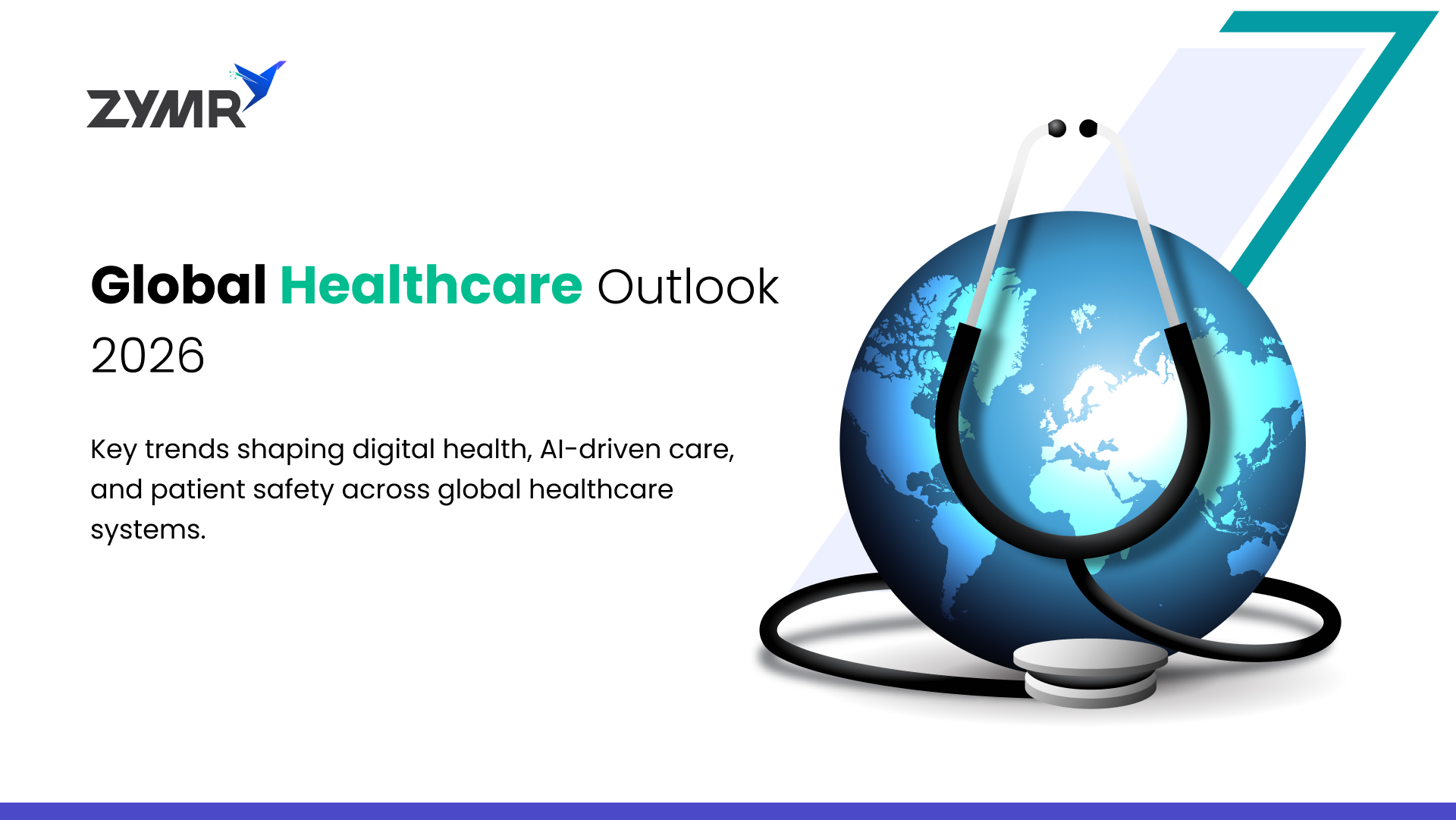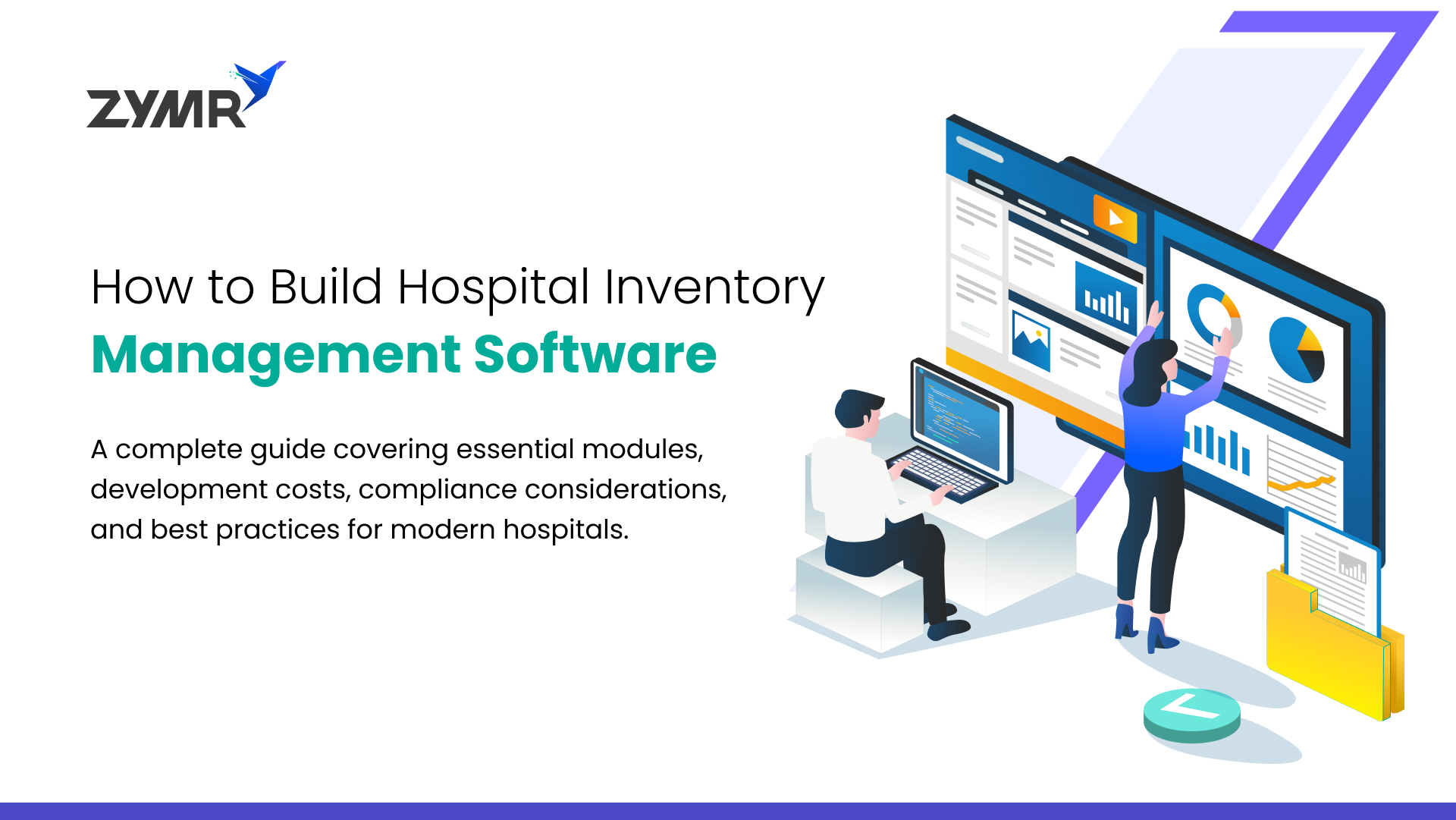Reshaping Industry Landscapes with Cloud Application Development and GitLab CI/CD

Harsh Raval
Associate Director of Engineering
March 25, 2025
Cloud technology has revolutionized business operations, offering benefits like scalability, innovation, cost efficiency, security, and data analytics. However, challenges such as data privacy, security concerns, and regulatory compliance persist, particularly in healthcare and finance. The extent of cloud-native application development adoption varies among industries, with some undergoing transformative shifts while others navigate adoption complexities. The article delves into how Cloud Application Development solutions, complemented by GitLab CI/CD, have reshaped healthcare, enabling secure patient data management, facilitating telemedicine growth, and accelerating medical research. Similarly, in fintech, this synergy drives rapid scalability, innovation, and cost efficiency, while retail experiences improved e-commerce scalability and personalized customer experiences through cloud app development-powered data analytics.
Cloud computing roadmaps have led various industries to numerous benefits including improved scalability, innovation, cost efficiency, security, and data analytics. However, challenges such as data privacy, security concerns, and regulatory compliance still need to be addressed, especially in industries dealing with sensitive information like healthcare and finance. The extent to which cloud-native application development ambitions have panned out varies across sectors, with some industries experiencing transformative changes while others are still navigating the complexities of adoption. Let's take a look at how Cloud Application Development ambitions have panned out for different industries, including healthcare, fintech, cybersecurity, and retail:
Healthcare
Cloud has facilitated the rapid growth of telemedicine, enabling remote consultations and real-time monitoring of patients' health data through Cloud Application Development-based platforms. Additionally, cloud-native software development resources have accelerated medical research and data analysis, empowering researchers to efficiently process large datasets, drive advancements in personalized medicine, genomics, and drug discovery, and ultimately enhance the overall quality of patient care.
Fintech
Cloud adoption has led to enhanced cost efficiency by reducing the reliance on costly on-premises infrastructure and maintenance expenses. Fintech companies can now optimize their IT spending through pay-as-you-go FinTech Cloud Application Development resources. Addressing security concerns, Cloud Application Development providers have invested significantly in robust security measures, ensuring data protection. Many Cloud Application Development services adhere to industry regulations like PCI DSS, reinforcing security and compliance within the financial industry's ecosystem.
Retail
Retailers are leveraging cloud-native application development powered data analytics to glean insights into customer behaviors and preferences, enabling tailored marketing approaches and enriched customer interactions. Additionally, Cloud Application Development-driven inventory and cloud computing benefits for supply chain management solutions offer retailers immediate visibility into stock levels and demand trends in real-time. This capability facilitates inventory optimization, leading to minimized stockouts and streamlined supply chain operations.
Native Cloud Application Development Development and Beyond
GitLab CI/CD is a crucial tool in the DevOps toolkit and aligns well with the principles and practices of cloud-native application development. It is a critical component in the modern digital ecosystems, as it provides some of the most essential enablers for application development and deployment practices. In alignment with their cloud computing roadmap here’s how companies can leverage GitLab CI/CD
- Automation and Efficiency: GitLab CI/CD helps automate the process of building, testing, and deploying software applications. This aligns with the automation-driven nature of Cloud Application Development-native development, where frequent updates and changes are common. CI/CD pipelines ensure that changes are automatically tested and deployed, reducing manual interventions and improving overall efficiency.
- Microservices Architecture: Cloud Application Development-native applications are often built using a microservices architecture, where applications are broken down into smaller, independently deployable components. GitLab CI/CD facilitates the deployment and management of these microservices by enabling separate pipelines for each component, ensuring quick and reliable updates.
- Scalability: GitLab CI/CD pipelines can be easily scaled to handle larger workloads as the application scales. This aligns with the scalable nature of cloud-native application development computing, where resources can be dynamically allocated and de-allocated based on demand.
- Containerization and Orchestration: GitLab CI/CD integrates well with containerization technologies like Docker and orchestration platforms like Kubernetes. This integration is essential in native cloud application, where containers and orchestration provide the flexibility to manage applications across different environments consistently.
- Infrastructure as Code (IaC): GitLab CI/CD can be used to automate the deployment of infrastructure resources using Infrastructure as Code (IaC) tools like Terraform. This is in line with the Cloud Application Development-native approach of treating infrastructure as code, enabling versioning, collaboration, and consistency.
- Continuous Monitoring and Feedback: GitLab CI/CD pipelines can include stages for automated testing, quality checks, and security scans. This ensures that the application adheres to the required standards and practices, which is vital in Cloud Application Development-native environments where maintaining security and quality is a continuous concern.
- GitOps: GitLab CI/CD can be used in conjunction with the GitOps methodology, which centralizes the management and deployment of cloud applications through Git repositories. Changes to the application are made through code commits, triggering automated updates through CI/CD pipelines.
- Multi-Cloud and Hybrid Environments: GitLab CI/CD supports deploying applications across different Cloud Application Development providers and on-premises environments. This flexibility aligns with the hybrid and multi-Cloud Application Development strategies often adopted in cloud-native application development.
Conclusion
The paradigm shift brought about by cloud application development has had a profound impact on various industries, reshaping their operations and service delivery models. The integration of GitLab CI/CD has further propelled the evolution by empowering automation, scalability, and continuous monitoring. By highlighting the success stories and ongoing advancements in various industries, it is evident that the collaborative synergy of cloud computing and GitLab CI/CD holds immense promise for shaping the future of technology-driven innovation across sectors.
FAQs
>
>
>
>
>
Have a specific concern bothering you?
Try our complimentary 2-week POV engagement
Our Latest Blogs

January 15, 2026
Global Healthcare Outlook 2026: Key Trends in Digital Health, AI, and Patient Safety

January 15, 2026
Top 10 Healthcare IT Services Companies Transforming Healthcare Delivery(2026)

January 15, 2026





.svg)
.svg)
.svg)
.svg)
.svg)
.svg)
